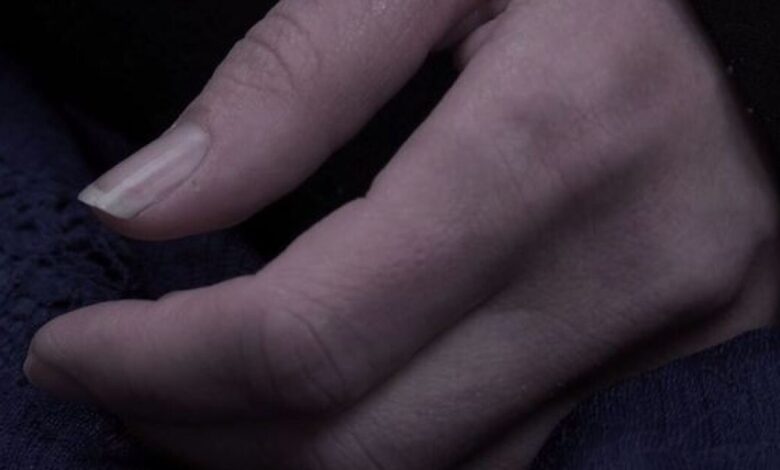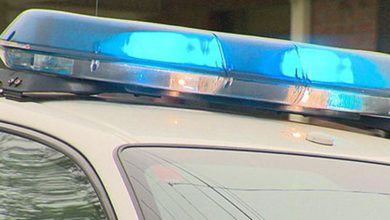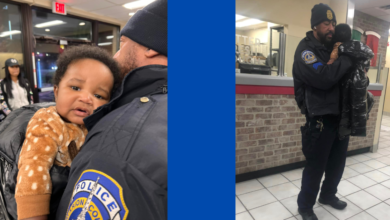
INDIANAPOLIS — This LGBTQ Pride Month, advocates in Indianapolis want to draw attention to the disproportionate number of cases of domestic violence in the community.
Data from the National Coalition Against Domestic Violence shows 44% of lesbians and 61% of bisexual women face domestic violence at some point in their lifetime.
That's compared to 35% of heterosexual women.
For gay men, it’s 26%, and for bisexual men, it’s 37% compared to 29% of heterosexual men.
That number is more than 50% for transgender individuals.
“Everyone deserves to be in a safe relationship," Ash Rathwell, the training services manager at Domestic Violence Network, said. “It’s kinda swept under the rug or there’s just a lot of misconceptions that can happen as a result of not wanting to talk about it.”
Rathwell goes out into the community and has conversations with organizations, businesses and universities about domestic violence.
One in three women and one in seven men will experience intimate partner violence in their lifetime.
Rathwell says for LGBTQ folks, there are unique forms of abuse.
"Being outed by the person causing harm. That person saying ‘well if you leave me, I’m going to tell this person in your life that you’re LGBTQ+," they said.
Abuse could also look like a partner weaponizing a person’s identity against them.
“When we’re looking at the transgender community, that could look like refusing to use someone’s correct pronouns or dead-naming them on purpose as a way to cause harm to them," Rathwell said.
Deadnaming is the act of referring to a transgender or non-binary person by a name they used prior to transitioning, such as their birth name.
Rathwell says finding a place to turn to in crisis can be challenging.
“Figuring out, is this organization going to be accepting if I come forward. Especially if it’s not a specifically LGBTQ+ organization. There can be some fear in that. A lot of these organizations are doing a lot of work to make sure they’re addressing this.”
One of them is local social services organization Coburn Place.
Vice President of Development Julie Henson says LGBTQ domestic violence cases are underreported because of additional barriers in receiving help.
“Are services for me? Is this an affirming organization or is this an organization that is going to out me, shame me, give me services that aren’t designed for me and don’t understand my particular situation," Henson said.
That’s why she says Coburn Place makes an intentional effort to let survivors know they’re queer-affirming.
“We are clear that we serve everyone. So we serve men, women. We serve trans people... On our website we have really specific, blatant - it’s like the third line on our website that’s like we serve you. And we’re going to name the different types of clients that we serve so that it’s not a guessing game.”
Advocates want to remind you of possible warning signs of domestic abuse:
- That could look like your partner telling you that you never do anything right
- Showing extreme jealousy of your friends or time spent away from them
- Controlling your finances
- Pressuring you to have sex or perform sexual acts you’re not comfortable with
- Intimidating you with weapons like guns, knives, bats, or mace
Help is available to speak with someone today.
National Domestic Violence Hotline
Hours: 24/7.
Languages: English, Spanish and 200+ through interpretation service.
800-799-7233
SMS: Text START to 88788







